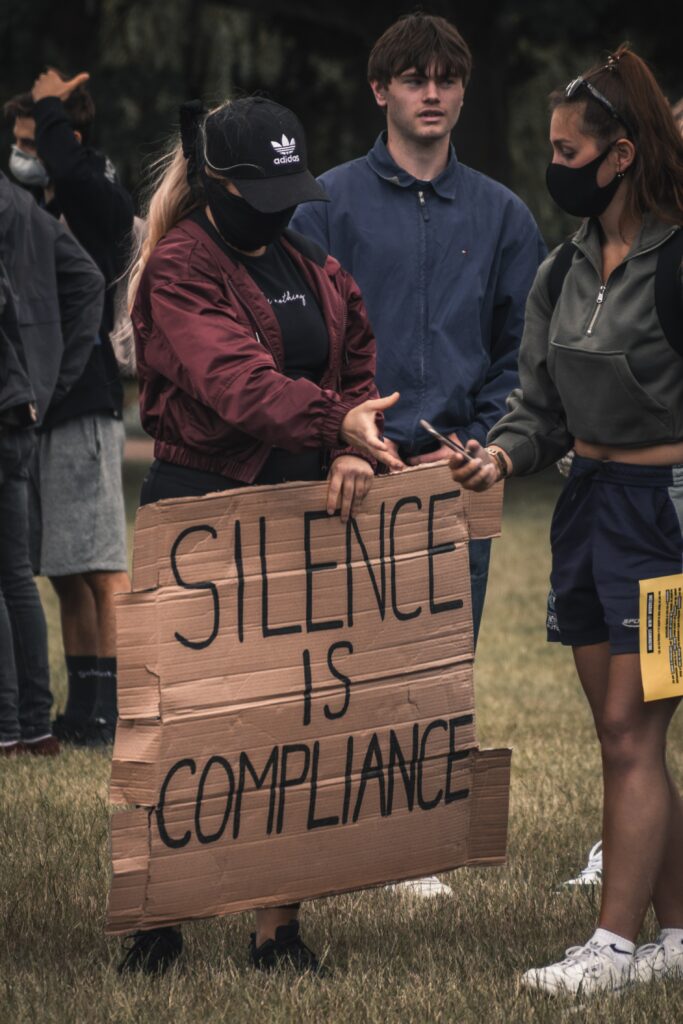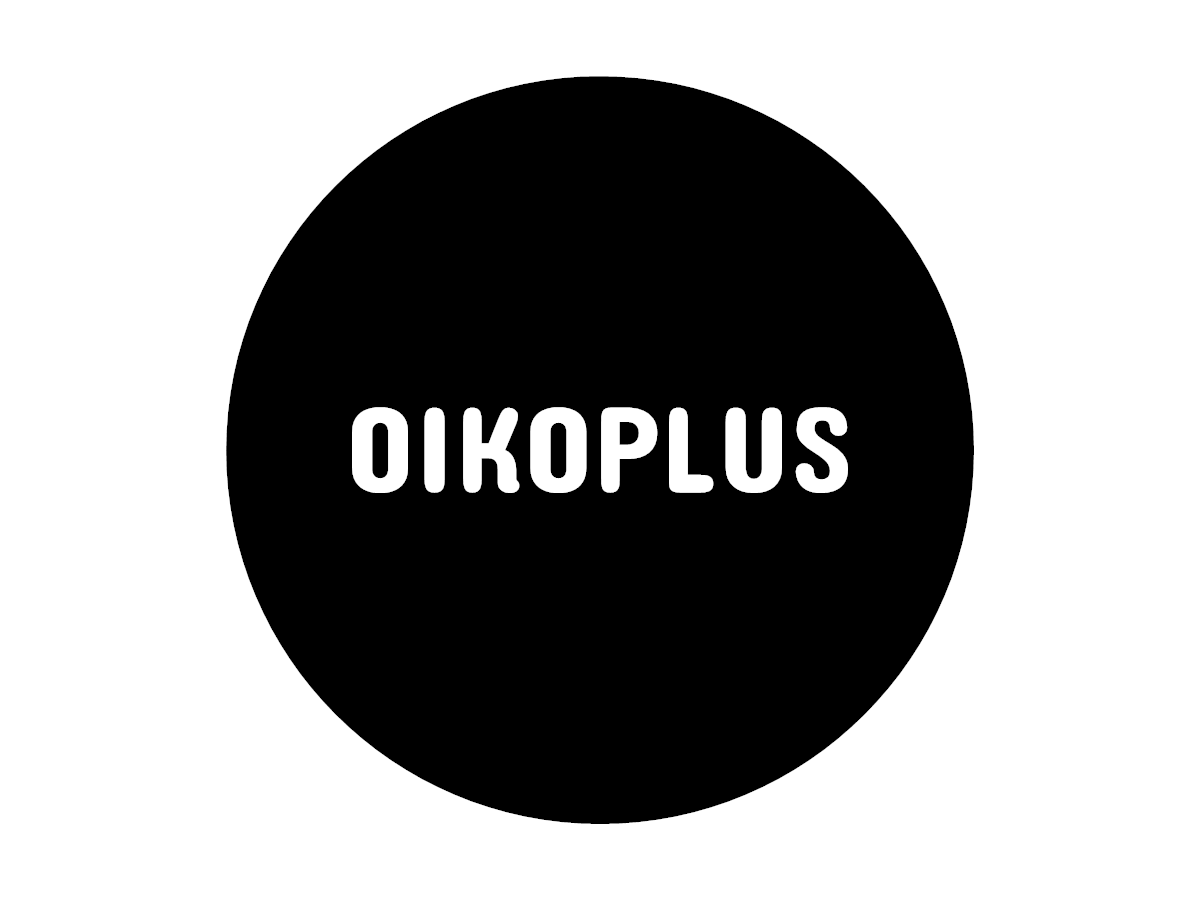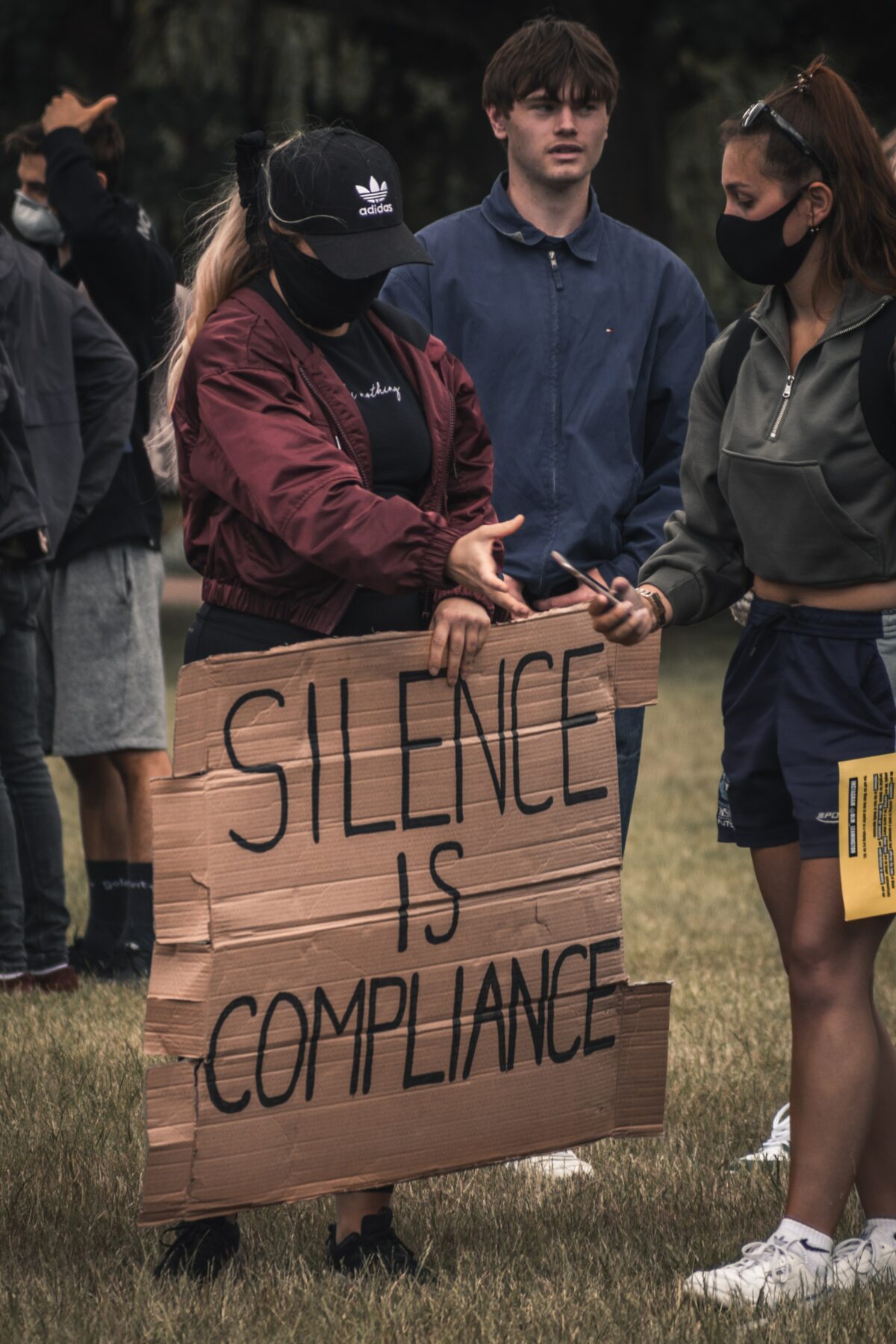Always in a constant state of fluctuation, global democracy has recently seen a strong decline. According to a 2021 press release from Freedom House, various factors, one of which was the Covid-19 pandemic, have recently contributed to a retreat of the individual from the public space. Shielding oneself from un-understandable developments in not only world health, natural science, and economy, but also social relationships has turned out to damage the growth of freedom, inclusiveness, and consent, which are extremely important cornerstones of democracy. Science communication can clarify difficult-to-comprehend concepts. It can bridge the gap between ongoing research and the general public. It can ease the discomfort of contributing to the public space. Following our Reading List tackling the inclusivity of science communication, this time we share some good reads that point to the relationship between science communication and democracy.
Democracy and an Informed but Helpless Public
Democracy is a process that requires a continuously informed public. It is the only way to allow for an equal public discourse. But things appear to be much more complex. In „The Fall of the Public Man”, sociologist Richard Sennett points out that the omission to explain science to civil society (available for purchase here) leads to the disruption of democratic processes. Incomprehensible information increases the misunderstanding of ongoing developments. And it leads to a lack of interest in everything that goes on beyond the individual sphere.

Let’s pin it down to the urban scale. Highlighted in Peter Marcuse’s paper „From Critical Urban Theory to the Right to the City”, the globally felt dissatisfaction with current worldwide living conditions causes a lot of frustration. The frustration does mainly result from a lack of access to knowledge. It inhibits our understanding of our potential relevance and role in improving our communal situation thus making us feel helpless. The feeling of helplessness is then proliferated by the physical and intellectual expansion of private actors. We cannot judge their impact on our environment, economy, and society. As argued in the much-cited article „Whose City Is It? Globalization and the Formation of New Claims” by Saskia Sassen, it is those entities suppressing the individual from the public.
Science Communicators within Democratic Environments
The widely spread misconception supporting notions of helplessness, is that scientific and academic knowledge can be produced by trained specialists only. Sure, specialization gives more capability for the execution and judgment of research. Following the argumentation of Bruno Latour in his 1993 published book „We have never been modern” however, research depends on the co-production and co-creation of information. To his understanding, Social change happens on a healthy, genuine, and transparent plane. It is all about giving people the feeling of autonomy and the capacity to govern themselves.

On a similar path to Latour, in „Expertise, Democracy and Science Communication”, Bruce V. Lewenstein argues, that the more civil society comprehends science, the more attentive and appreciative they are of it. In return, this increases public demand and therefore potential funding. At the same time, as pointed out by Bernard Schiele et al. in ‘Science Communication and Democracy’, the co-creation of information leads to a more heterogeneous society. A society that is able to make informed and thus more sophisticated decisions about the future of our planet.
What Science Communication Can Do
Science communication alone will not solve the issue of a declining global democracy. It does, however, play a role in taking researched data from the hands of the selected few and spreading it into the possession of the multitudes. This decentralization of knowledge is an important factor of egalitarianism, but also in the creation of a well-informed voter. It improves the quality of decision-making in a democratic state. In „Scientific Citizenship in a Democratic Society”, Vilhjálmur Árnason from the University of Iceland argues that science communication and more explicitly scientific literacy drives public policy making. He claims that the creation of forums for reciprocal teaching is key for battling ignorance and shaping sustainable societal change. For interested readers, Daniel Williams from The Hasting Center further investigates the concept of ‘motivated ignorance’.

Finally, this is where science communication can have a deeper impact. Knowledge democracy, as Alice Lemkes names the challenge of science communication in her white paper for Lankelly Chase, is the only way to counteract the inflexible system of hierarchical and undemocratic knowledge production.
This Reading List was written by Zuzanna Zajac.


